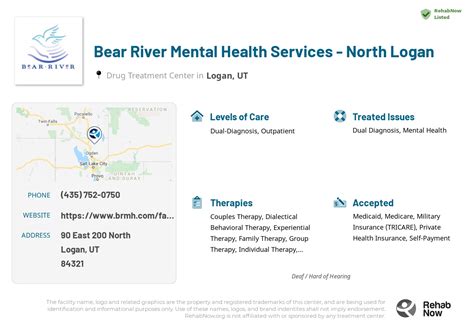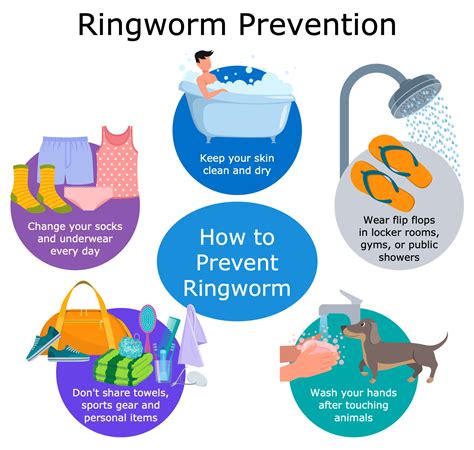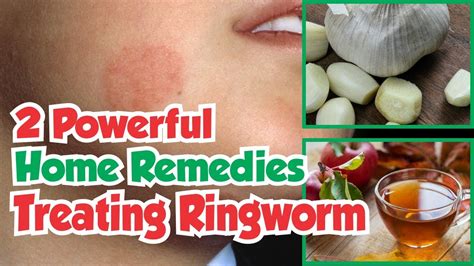Intro
Discover 5 effective ways to treat ringworm, a fungal infection, using antifungal medications, home remedies, and preventative measures to alleviate symptoms and promote healing, reducing ringworm transmission and recurrence.
Ringworm, also known as tinea, is a common fungal infection that affects the skin, causing a ring-shaped rash. It is highly contagious and can be spread through direct contact with an infected person or animal. The infection can also be spread through indirect contact with contaminated objects, such as towels, clothing, or bedding. Ringworm can affect anyone, regardless of age or health status, and it is essential to seek treatment to prevent the infection from spreading and to alleviate symptoms.
The symptoms of ringworm can vary depending on the location and severity of the infection. Common symptoms include a red, itchy, and circular rash, often with a clear center. The rash can be flat or raised, and it may be accompanied by swelling, redness, and blistering. In severe cases, ringworm can lead to secondary bacterial infections, which can cause more serious symptoms, such as pus, discharge, and fever. If left untreated, ringworm can persist for months, causing discomfort, embarrassment, and social stigma.
Ringworm is typically diagnosed through a physical examination, medical history, and laboratory tests, such as a skin scraping or biopsy. The diagnosis is usually confirmed by the presence of fungal elements, such as hyphae or spores, in the skin sample. Once diagnosed, ringworm can be treated with antifungal medications, lifestyle changes, and home remedies. In this article, we will discuss five ways to treat ringworm, including medical treatments, home remedies, and preventive measures.
Medical Treatments for Ringworm

Types of Antifungal Medications
There are several types of antifungal medications available, including: * Topical antifungals: These are applied directly to the affected skin and can be in the form of creams, ointments, or powders. * Oral antifungals: These are taken by mouth and are usually reserved for more severe or widespread infections. * Antifungal shampoos: These are used to treat ringworm of the scalp and can be in the form of medicated shampoos or rinses. * Antifungal soaps: These are used to treat ringworm of the body and can be in the form of medicated soaps or body washes.Home Remedies for Ringworm

Preventive Measures
Preventive measures are essential to prevent the spread of ringworm and to reduce the risk of reinfection. Some common preventive measures include: * Practicing good hygiene: Washing hands regularly, especially after touching the affected skin or coming into contact with an infected person or animal. * Avoiding close contact: Avoiding close contact with an infected person or animal to prevent the spread of the infection. * Using protective gear: Wearing protective gear, such as gloves or a mask, when handling infected animals or coming into contact with contaminated objects. * Keeping the environment clean: Keeping the environment clean and disinfected to prevent the spread of the infection.Natural Treatments for Ringworm

Dietary Changes
Dietary changes can also play a crucial role in treating ringworm. A healthy diet rich in fruits, vegetables, and whole grains can help boost the immune system and promote healing. Some common dietary changes that can help treat ringworm include: * Increasing vitamin C intake: Vitamin C has antifungal properties and can help boost the immune system. * Increasing zinc intake: Zinc has antifungal properties and can help promote healing. * Avoiding sugary foods: Sugary foods can weaken the immune system and make it more difficult to fight off the infection. * Avoiding processed foods: Processed foods can weaken the immune system and make it more difficult to fight off the infection.Ringworm Prevention

Ringworm in Pets
Ringworm can also affect pets, such as dogs, cats, and horses. If you suspect that your pet has ringworm, it is essential to seek veterinary care to prevent the spread of the infection and to treat the condition effectively. Some common signs of ringworm in pets include: * Red, itchy, and circular lesions on the skin * Hair loss or thinning * Scaly or crusty skin * Lymph node swellingTreating Ringworm in Pets

Ringworm in Humans
Ringworm can also affect humans, and it is essential to seek medical care to prevent the spread of the infection and to treat the condition effectively. Some common signs of ringworm in humans include: * Red, itchy, and circular lesions on the skin * Hair loss or thinning * Scaly or crusty skin * Lymph node swellingWhat is ringworm?
+Ringworm is a common fungal infection that affects the skin, causing a ring-shaped rash.
How is ringworm treated?
+Ringworm can be treated with antifungal medications, lifestyle changes, and home remedies.
Can ringworm be prevented?
+Yes, ringworm can be prevented by practicing good hygiene, avoiding close contact with infected individuals or animals, and keeping the environment clean and disinfected.
In conclusion, ringworm is a common fungal infection that can affect anyone, regardless of age or health status. It is essential to seek treatment to prevent the spread of the infection and to alleviate symptoms. By understanding the causes, symptoms, and treatment options for ringworm, you can take the necessary steps to prevent the spread of the disease and to promote healing. We encourage you to share this article with others, comment below with your questions or experiences, and take the necessary steps to protect yourself and your loved ones from ringworm.
